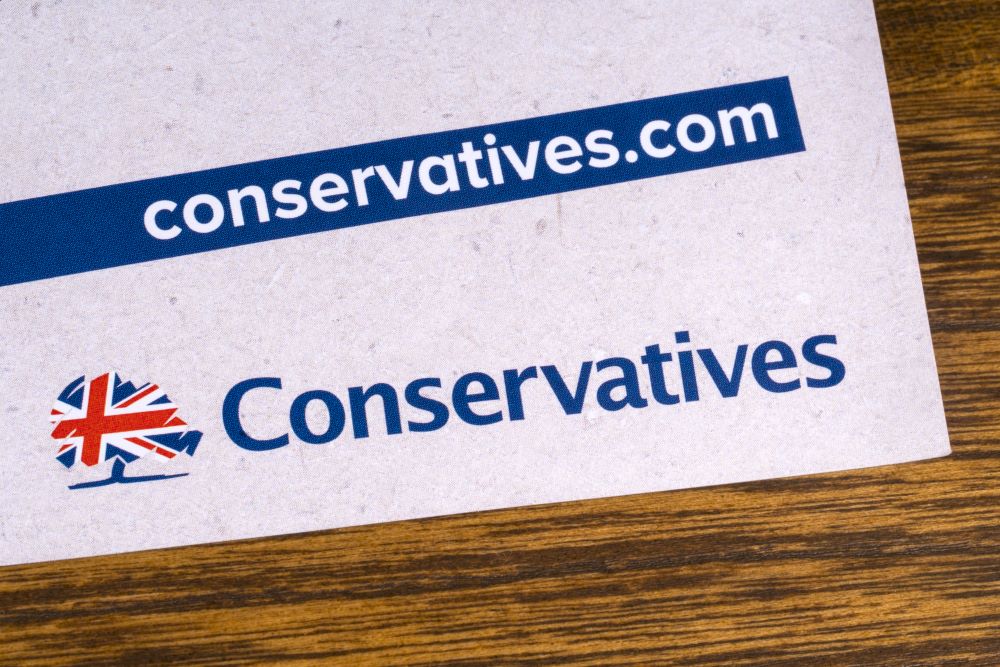 Boris Johnson delivered an optimistic vision of a “high wages, high skills” UK in his Conservative Party Conference speech in Manchester today (6 October).
Boris Johnson delivered an optimistic vision of a “high wages, high skills” UK in his Conservative Party Conference speech in Manchester today (6 October).
In his first in-person speech to party members for two years, Johnson said a move away from a low wage, low productivity economy would lead to tax cuts in the long-term.
He said he wanted to unleash the “unique spirit” of the country and that with wages rising faster than before the pandemic the country was “embarking now on a change of direction that has been long overdue in the UK economy”.
No backing down
His speech came against the background of fuel, food and skills shortages, but the prime minister doubled down against calls for more short-term immigration to ease supply chain problems, reports the Financial Times.
The speech was short on policy, according to City AM, with Johnson returning to his argument that current supply chain problems were due to the economy getting going after the pandemic.
“We are not going back to the same old broken model with low wages, low growth, low skills and low productivity enabled and assisted by uncontrolled immigration,” he said.
“And the answer to the present stresses and strains, which are mainly a function of growth and economic revival, is not to reach for that same old lever of uncontrolled immigration, to keep wages low,” he added.
'Stop whingeing'
The lead-up to the speech saw a “blame game” break out between the government and business leaders, reports the FT.
One minister told the paper that business leaders “don’t like it, because they’ve had it too easy with cheap foreign labour. But they need to stop whingeing”.
In earlier interviews, the PM insisted that that it was not his job to “fix every problem in business”, dismissing claims of labour shortages and supply chain problems that are fuelling inflation.
Rising costs
However, some business leaders have turned on Johnson.
Gary Grant, chief executive of toy chain the Entertainer, told the Times that costs were rising faster than at any time in the past 40 years and consumers would have less choice at Christmas.
He said: “[Johnson] has got no idea what’s going on on the ground. ‘Invest in your people, train your people.’ Yeah, we’re doing all of that. But we want more people.”
Roger Whiteside, chief executive of Greggs, said: “There are so many black swans, a flock of black swans . . . every morning you have to wake up and expect the unexpected.”
His firm yesterday warned of disruption in its workforce and supply of ingredients.
Inflationary pressure
With the prime minister telling businesses to pay more to attract staff, Mike Cherry, chairman of the Federation of Small Businesses, said the government needed to focus on removing barriers to recruitment and training.
“Wage growth, without economic growth, will add to inflationary pressure,” he said. “If the government wants to see more high-quality job creation it needs to remove barriers to recruitment and upskilling. As things stand, it’s adding to them.”



